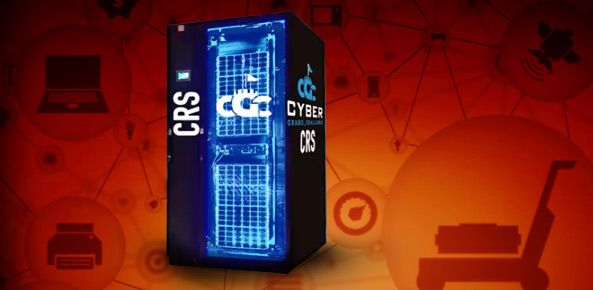(A computer simulation of a black hole. NASA, ESA, and D. Coe, J. Anderson, and R. van der Marel (STScI))
In case you haven’t heard, there is a very, very big problem with the universe: About 80% of all of the stuff inside it is missing.
Astronomers call this material “dark matter.” They know it’s out there because its huge mass tugs on and shapes galaxies, but no one has ever detected the material itself. Aside from exerting a gravitational pull, dark matter doesn’t seem to interact with stars, planets, dust, atoms, subatomic particles, or any other “normal” matter as we know it. It’s essentially invisible.







